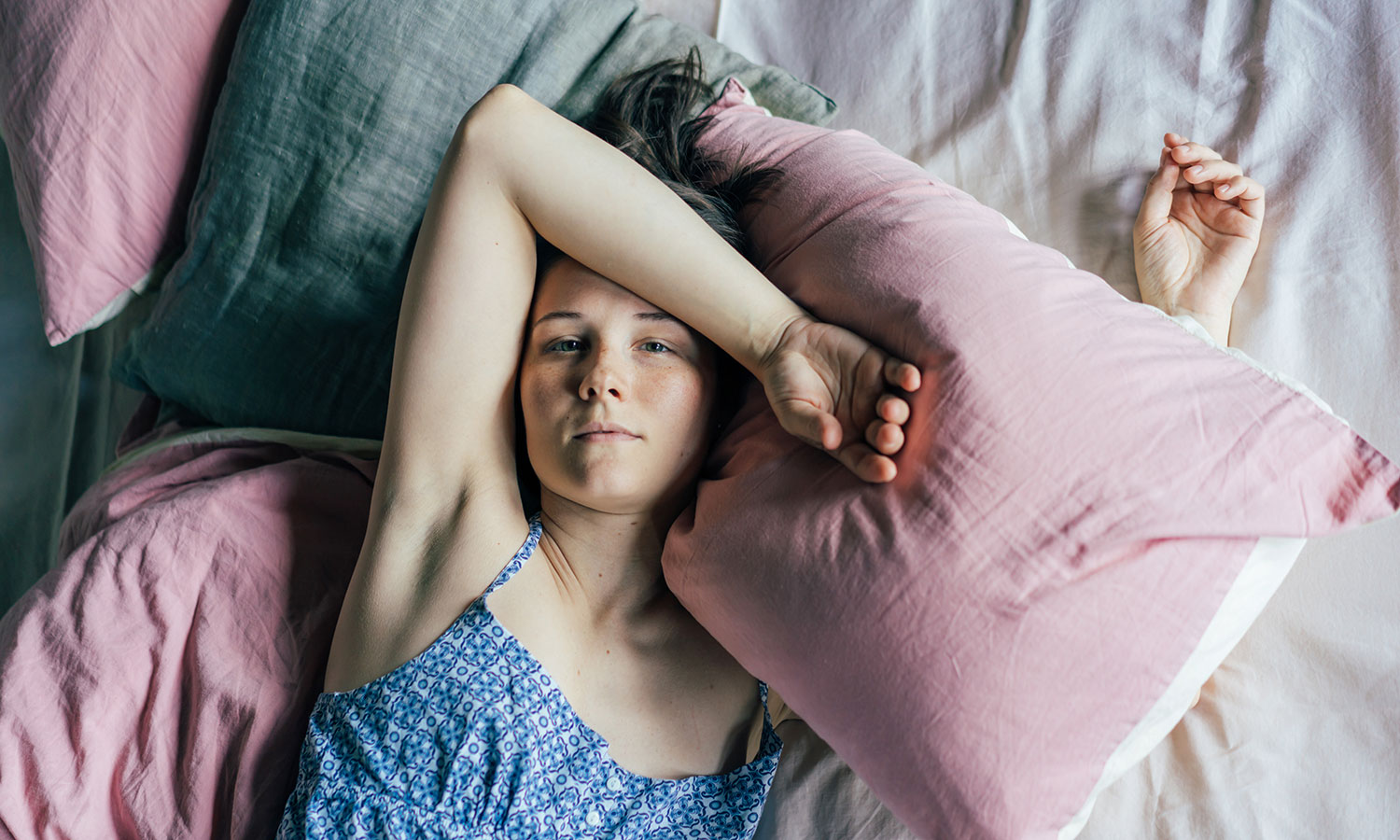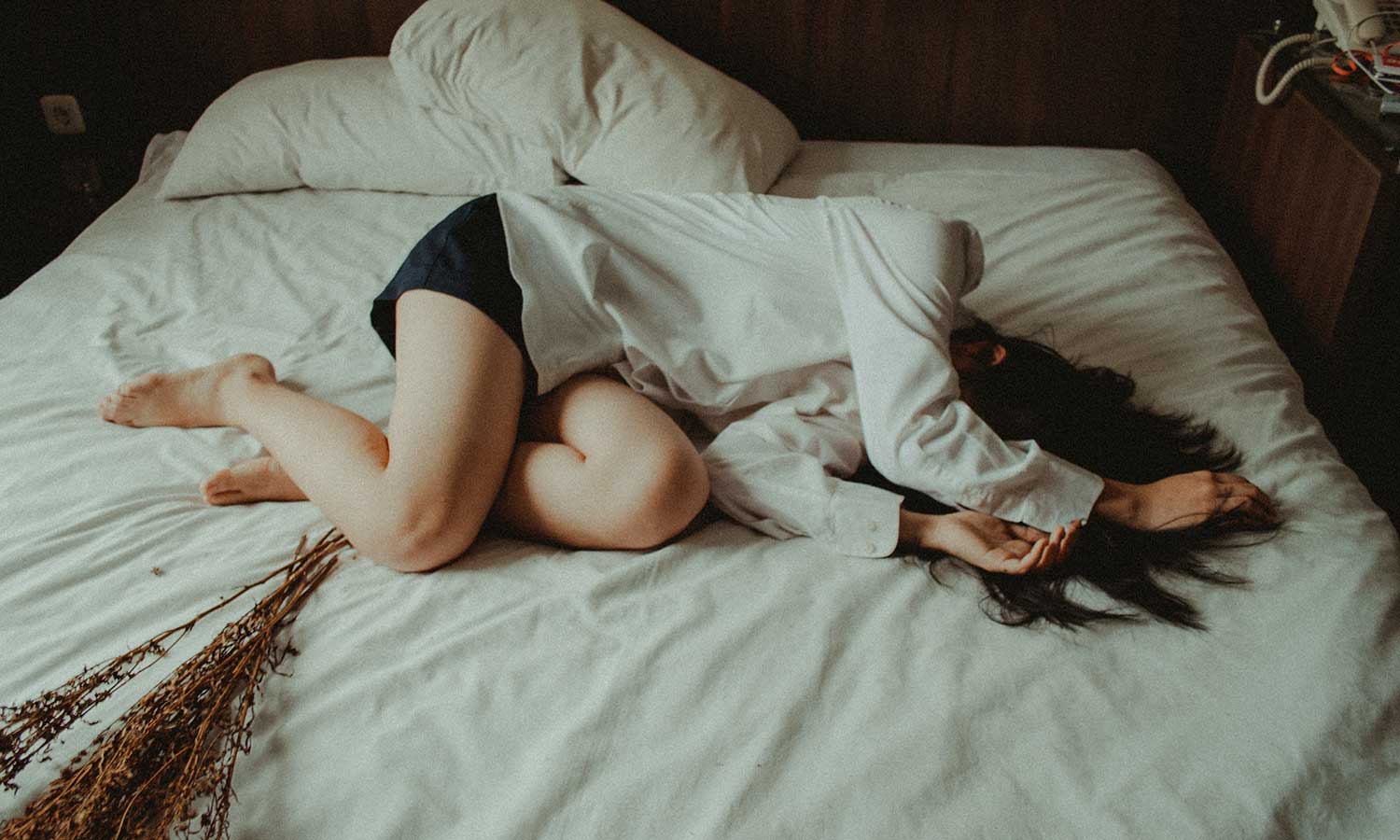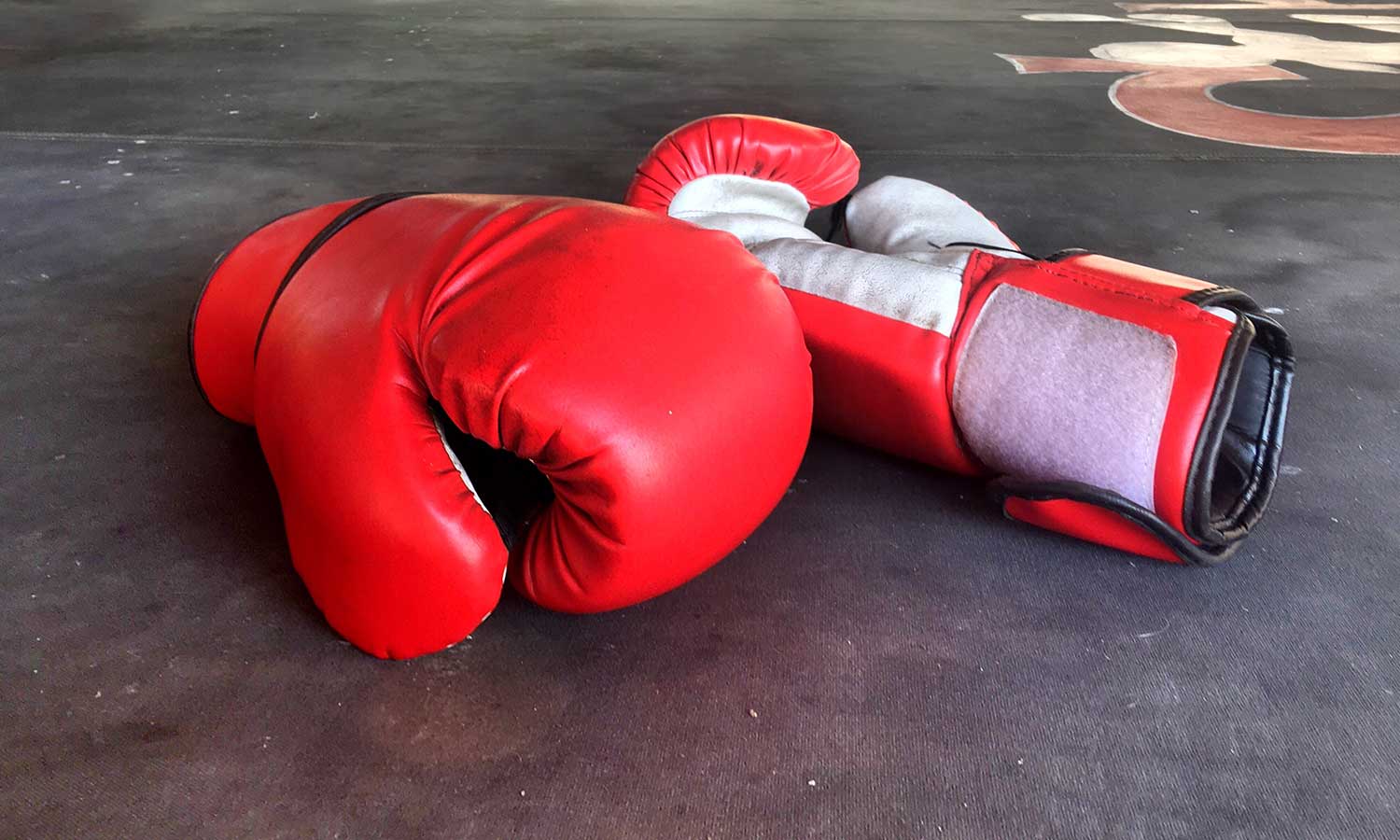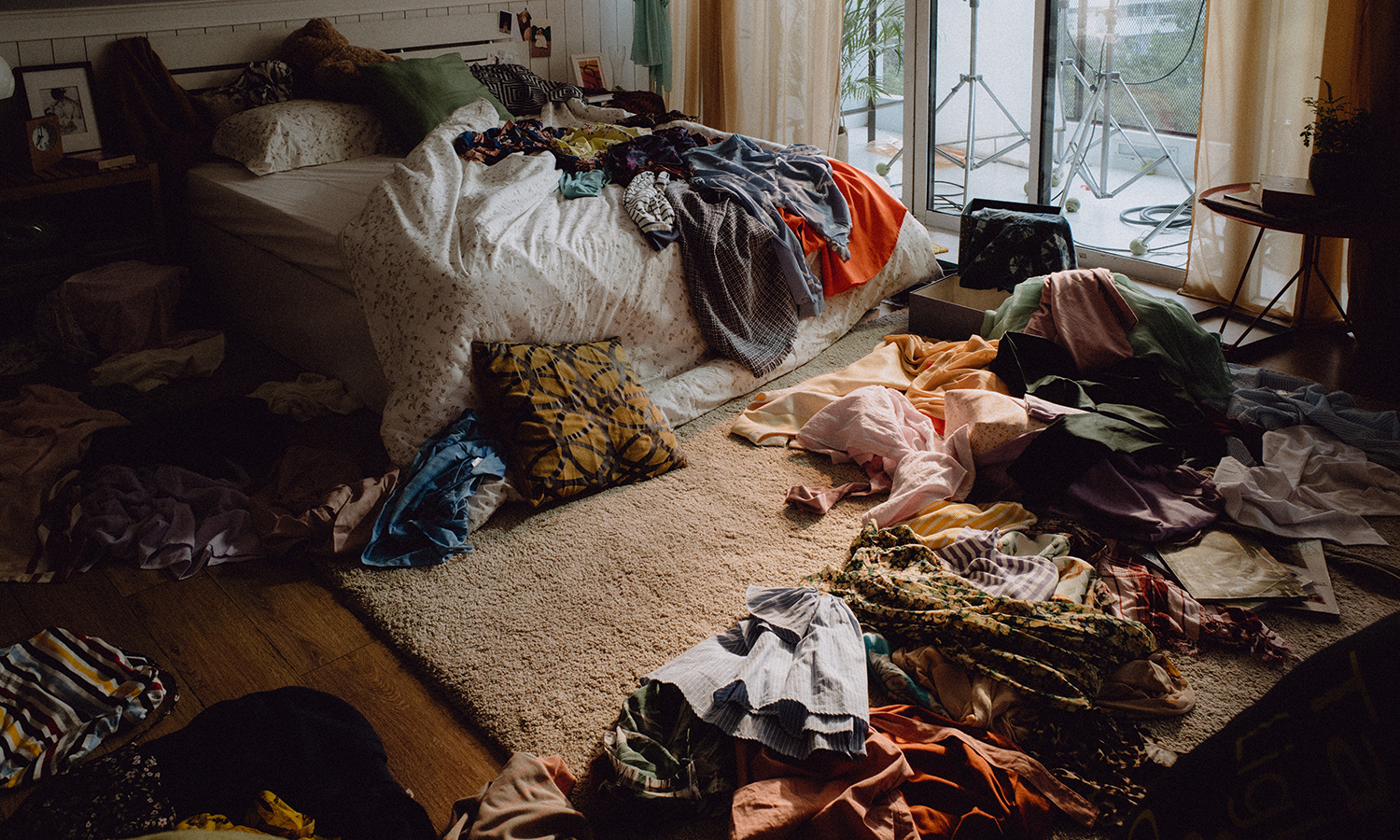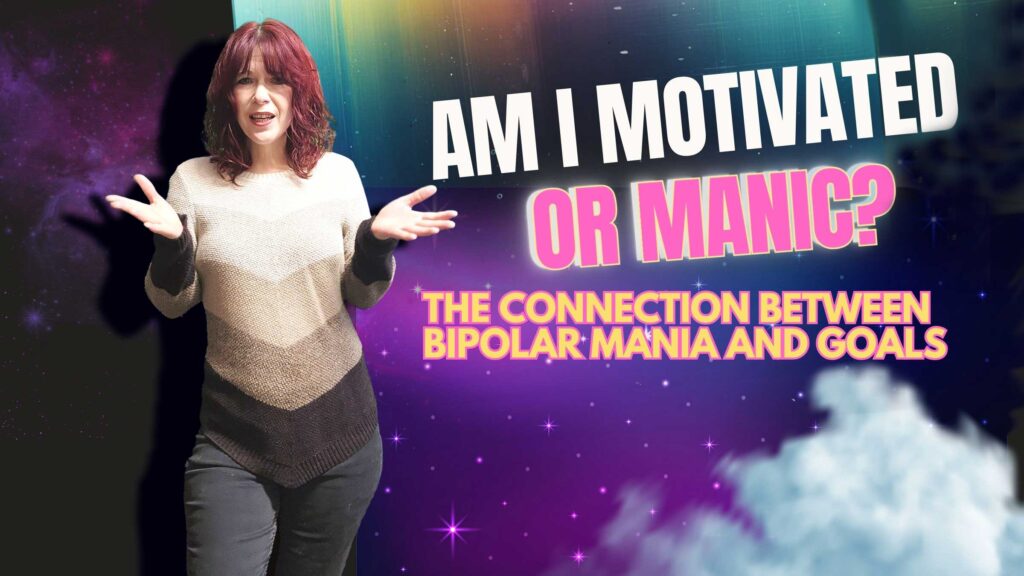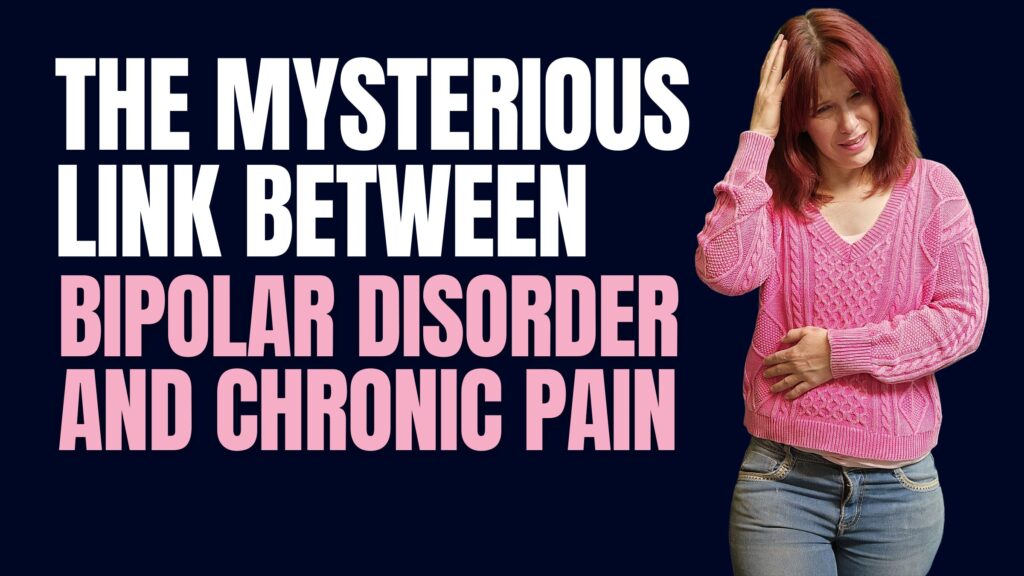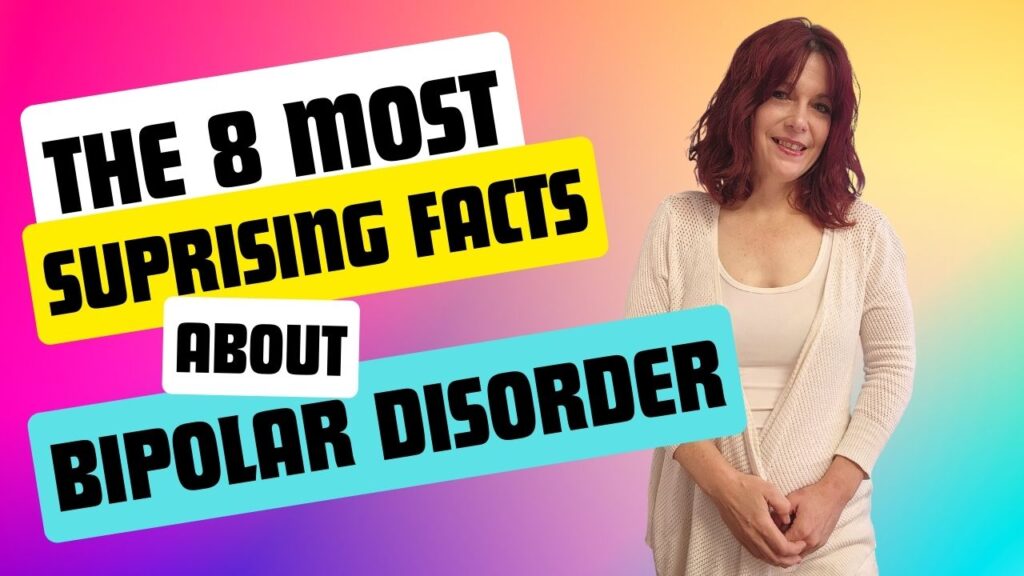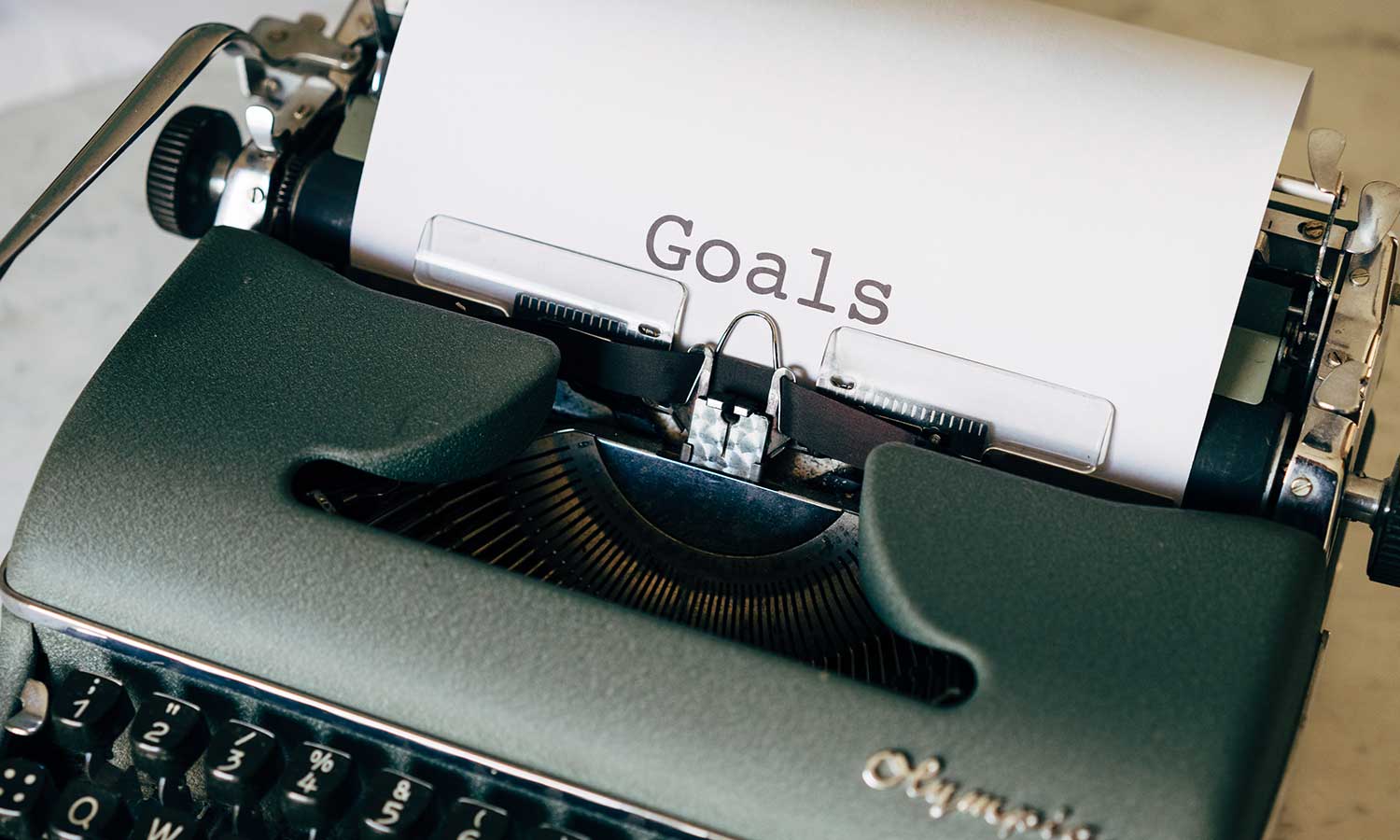If you have bipolar disorder, you’ve experienced the exhaustion that comes with depression. It can make even getting out of bed difficult. People without the disorder simply don’t understand how hard bipolar depression is to manage or how much of a toll it takes on your life. I have learned a lot of tools for coping with this difficult disorder, and want to share a sleep hack for bipolar depression that really works.
If you’ve ever gotten stuck in a depression cycle or searched for ways to make yourself manic, I hope you will find this post helpful. I will no longer try to push myself into mania. That was a coping skill I used to have. I believed that the only way to get out of depression was to flip myself into a manic state.
I still struggle with hypomania and depression, but my cycles are not as rapid or profound. I have learned to accept that I have a mental illness and that I may never have completely stable moods.
I discovered a sleep hack accidentally that helps me when I get stuck in a depression episode. I was searching for information on morning depression. I often wake up with low energy and wanted to know if there was a reason for that. I discovered that bipolar disorder may be a circadian rhythm disorder, and that manic episodes are highly linked to sleep deprivation.
Have you ever noticed that you don’t need as much sleep when you’re manic? You have more energy than you know what to do with. You might also struggle with horrible insomnia. I remember going days without being able to sleep. This is all part of the disorder. This is why a good sleep routine is essential if you have bipolar disorder.
Sleep and Bipolar are Interconnected
The most important thing you can do to manage bipolar disorder is to get a full 7-8 hours of sleep every night. I follow the ketogenic diet to manage my disorder, but in my opinion, sleep is more important. When you don’t get enough sleep, your moods will be all over the place.
Plus, sleep is incredibly important for overall health. Doctors will tell you about diet and exercise, but never mention the importance of sleep. Bipolar patients need to pay special attention to their sleep routines.
Circadian rhythms are biological rhythms controlled by the day/night cycle. You’ve probably heard about melatonin, a hormone that helps you sleep. It’s produced at night when you’re exposed to darkness. Melatonin is a byproduct of serotonin. Serotonin, norepinephrine, and dopamine are all neurotransmitters involved in regulating your mood.
Circadian rhythms affect the function of all three of these neurotransmitters. This is why having a consistent sleep routine is so important when you have bipolar disorder. Maintaining a consistent sleep routine is difficult when you have bipolar disorder because mania can make it hard to fall asleep.
Insomnia is a major symptom of bipolar disorder. However, you can prevent insomnia by maintaining a regular sleep/wake schedule and sticking with it. I go to bed by 9 pm every night and get up around 5 am every morning. If for some reason I struggled with sleep, or went to bed later than usual, I allow myself to sleep in.
Getting a full 7-8 hours of sleep is crucial when you have bipolar disorder. If you go just one or two days without good sleep, it can trigger a manic episode. This leads me to my sleep hack for depression and why it works.
Sleep modification for refractory depression
No matter how hard you try to manage bipolar disorder, you will inevitably end up in a depression cycle. But, it doesn’t have to drag you into a deep black hole you can’t get out of. I have two main coping skills for dealing with my depression. The first is to use meditation and mindfulness. And the second is my sleep hack.
Mindfulness and meditation are both useful if you have any mental illness. Mindfulness is the practice of identifying your emotions, accepting them, and allowing them to pass. When I am depressed, I accept the fact that my body is in a low-energy cycle. I don’t try to force myself to have energy or feel better, I just accept it and wait for it to pass. Because I have been dealing with these cycles for so long, I know that it will, in fact, pass eventually.
That’s my first strategy, but if I feel stuck in a depression, I go to my second strategy, my sleep hack. I didn’t make this hack up, I discovered it while researching bipolar depression. I found a research study on a woman who had refractory depression. Nothing was working. Her doctors had tried everything and she was still depressed and suicidal.
They had tried antidepressants, lithium, and even electroshock therapy and nothing worked. That’s when they decided to try sleep manipulation and light therapy. They wanted to know if they could shift her mood through sleep deprivation I was intrigued. I know from my own experience that sleep deprivation almost always triggers a manic episode.
They called their solution, the bedtime solution. They reset her mood by adjusting her sleep cycles. This is the five day regimen they used to manipulate her sleep.
- On day one she slept from 9 pm to 2 am
- On day two she slept from 5 pm to midnight
- On day three she slept from 7 pm to 2 am
- On day four she slept from 9 pm to 4 am
- On day five she slept from 10 pm to 5 am
This sleep manipulation lifted her out of refractory depression. Her mood improved as if she had been taking an antidepressant. This sleep manipulation works much faster than the typical antidepressant though. If you have bipolar 1 as I do, you probably can’t take antidepressants so this may be a trick that you want to try.
After this five-day sleep regimen, she returned to a normal sleep schedule, sleeping from 10 pm to 6:30 am. And her mood continued to stay improved.
My sleep hack for bipolar depression
I have modified this sleep hack, after trying it a few times. But, it works for me and it really helps. Before you can attempt sleep deprivation to flip your mood, it’s important that you are not already sleep-deprived. Whenever I use this sleep hack, I make sure I have had at least two good nights of sleep.
Then I set my alarm for an hour or two hours earlier than I normally wake up and make myself get up even if I am tired. I do this for two or three days in a row, and it almost always shifts me out of a depression.
I have used this sleep hack a number of times so I have some personal tips.
- Do not overuse this technique. A consistent sleep routine is incredibly important to managing my bipolar disorder. Too much sleep deprivation can trigger a manic episode.
- Use mindfulness, exercise, journaling, talking to a friend, or other coping skills first. The sleep hack should be a last resort.
- Make sure you don’t use this sleep hack when you are already exhausted.
- Talk to your doctor before you try sleep modification.
I usually allow myself to experience the hyposomnia that goes along with depression. I sleep as much as my body needs. This is part of how I allow myself to heal from a depression, which I believe is as much a physical illness, as a mental illness. But, if I have gone longer than a week in a depression episode, I try my sleep hack.
What do you think of my sleep hack for depression?
Do you have bipolar disorder? Does sleep affect your moods? I’m sharing this with my bipolar friends, but I recommend that you talk to your doctor about sleep modification before you try this. I am not a doctor, and this is not medical advice. I am sharing my experience with you as an ordinary person who lives with the disorder.
I’d love to hear from others though. I don’t think there has been enough research on natural ways to manage bipolar disorder. I have the support of my doctor, my family, and my friends who have seen the tremendous difference the ketogenic diet and sleep hygiene have made in my life. I hope you found this post helpful, and I’d really love to hear your thoughts.

